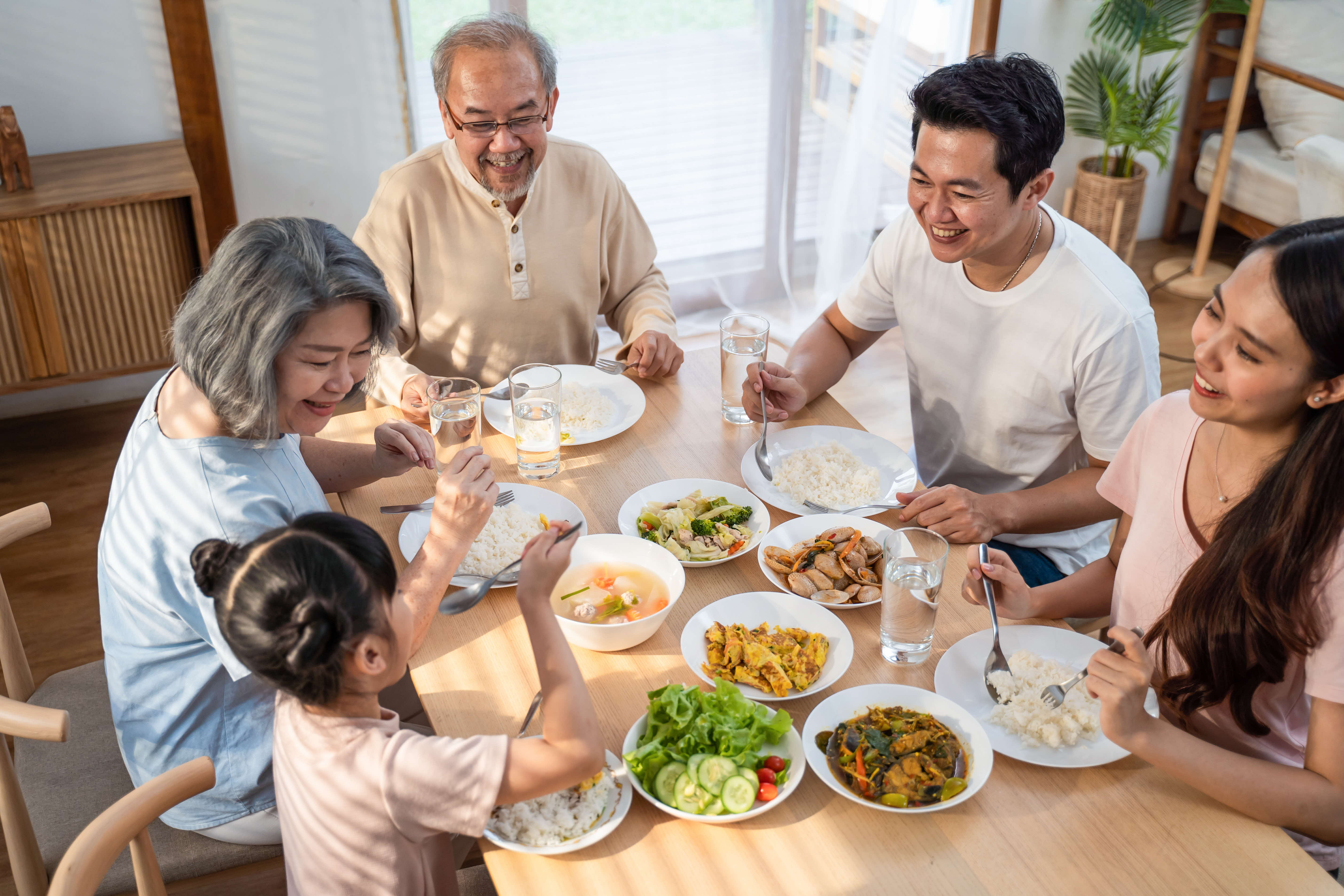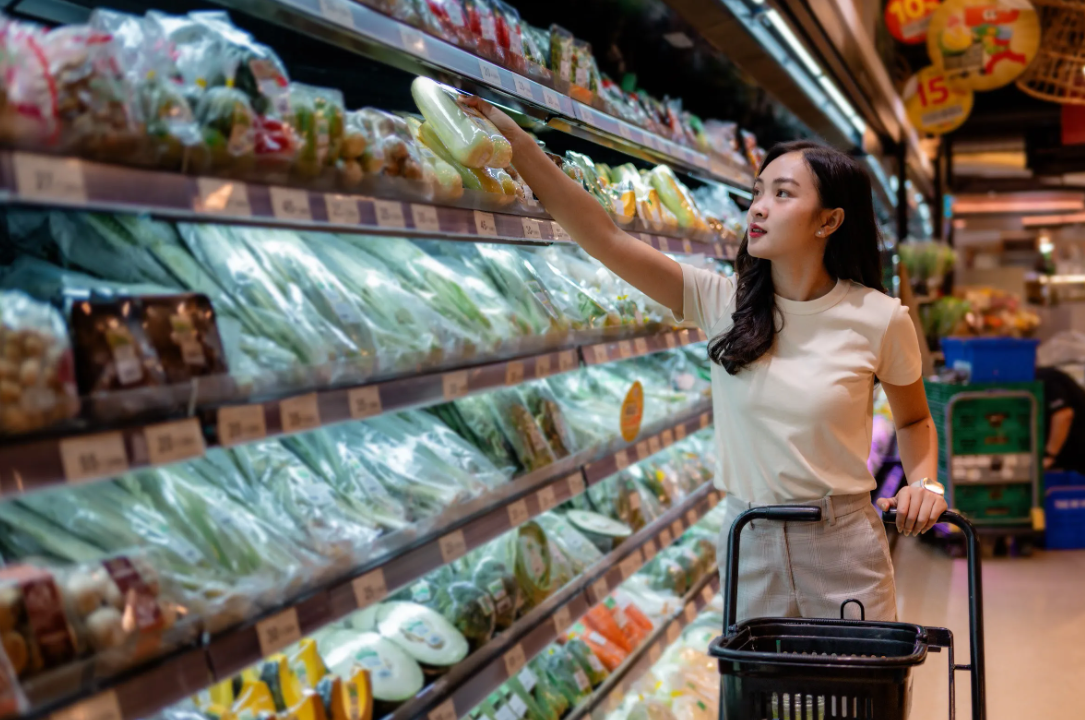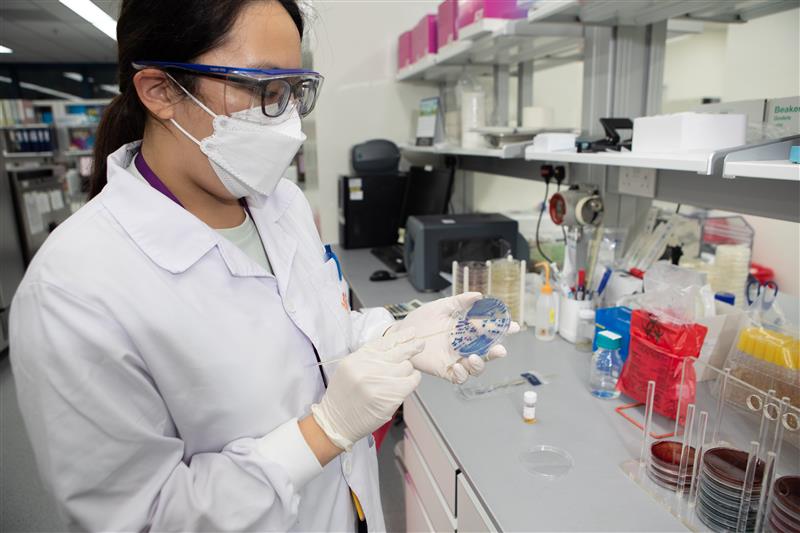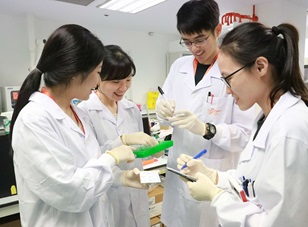Summary:
|

Singapore is a small and open economy that imports more than 90 per cent of our food supply from over 180 countries and regions. Diversifying import sources is essential to ensure a reliable food supply for Singaporeans. However, it also creates a complex web of risks across various stages of the food supply chain that the Government, industry and consumers must navigate together. For example, contamination and mislabelling can occur at different points in the food production and food preparation process.
While Singapore’s food safety monitoring system can uncover potential hazards, problematic products can still slip through and enter the market. Testing every food item is impractical and unsustainable; so SFA has in place a monitoring programme for higher-risk food products using a science-based risk management approach.
Surveillance through SFA’s Market Monitoring Programme
This is where SFA’s Market Monitoring Programme works behind the scenes to ensure Singapore’s food safety. The MMP is part of SFA’s surveillance system and complements its overall food safety regulatory framework. Through food sampling and testing, the programme helps to monitor the safety of food available in our market. Food that is of higher risk is subjected to more stringent checks and tests for foodborne hazards.
Under the MMP, SFA has mystery shoppers to collect samples across the retail sector – including supermarkets, wet markets, food courts and speciality stores. The selections follow structured categories based on import and production volume and past compliance history, with products having unsatisfactory track records sampled more often.

“When the samples arrive at the National Centre for Food Science, our food scientists conduct testing for harmful chemicals like residues and contaminants, as well as microbial hazards including bacteria and viruses. Products that fail to meet our food safety standards are then prioritised for further regulatory checks," said SFA's scientist Lim Ker Li.
Directing a Food Recall
SFA initiates a food recall when a product is found to be unsafe for consumption due to food safety risks. These include undeclared allergens, prohibited additives, excessive levels of permitted substances, or physical hazards such as glass fragments.
The recall process needs to be swift and comprehensive. Importers and distributors must halt distribution, and retailers are required to remove the affected item from their shelves. SFA conducts inspections to ensure compliance and relevant information are disseminated to inform consumers and enable them to take necessary precautionary actions and make informed decisions. Different batches of the implicated product that are newly imported into Singapore may also be subjected to additional testing before they are released for sale.

Your role in ensuring food safety
Food safety is a shared responsibility of the Government, industry and consumers. For example, on top of SFA’s MMP efforts, alerts from overseas partners and feedback from the industry and the public can also play a part in identifying unsafe food products.
For food businesses, this means sourcing food from reliable sources that meet SFA’s food safety requirements, verifying suppliers' credentials and maintaining good records of their food supply chain journey to enable rapid tracking and recall of unsafe food products, if needed.
Singapore's food safety system works because everyone plays their part. By working together, we can ensure a constant supply of safe food for all Singaporeans to enjoy with confidence.





